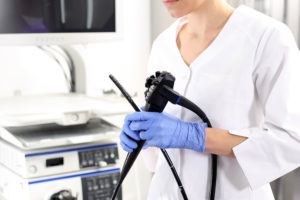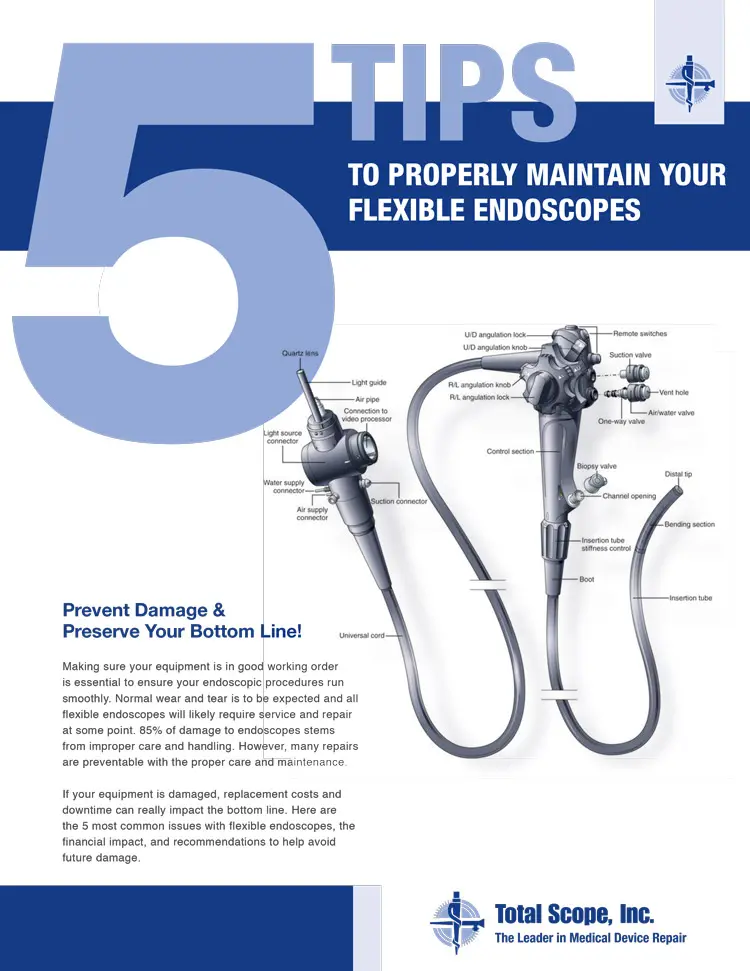Colon cancer is commonly referred to as the ‘silent killer’ – you could have it for years before experiencing symptoms. Regular doctor visits should be scheduled, especially after the age of 40. Most cancers in the colon or rectum develop from polyps; therefore, screening to find and remove them when they first form helps prevent them from growing into cancers. Here are a few things you should know:
Colon Cancer is Common & Can Occur Randomly
Colon cancer is the third most commonly diagnosed cancer and is the second leading cause of cancer-related deaths. This statistic applies to both men and women in the US with incidence and mortality rates highest in African Americans. Compared to whites, death rates in blacks are 40% higher. Although colon cancer may occur at any age, the chances of developing the disease may dramatically increase after the age of 45. Nearly 95 percent of all colorectal cancers occur in patients 45 or older. In addition, people with a first-degree relative (parent, sibling, or children) who has colorectal cancer are between 2-3 times the risk of developing the cancer than those without a family history.
Although the exact cause is unknown, there are certain risk factors that are strongly linked to the disease. Some of these factors include diet, smoking tobacco, and heavy alcohol intake. Being overweight or having Type II Diabetes can also increase the risk of developing colon cancer.
Does your diet consist of high amounts of red, processed meat? Do you frequently grill, fry or broil your meat? If you are accustomed to this type of diet then you may be increasing your risk of colon cancer due to the chemicals that are formed by cooking meat at such high temperatures. It’s important to consume these foods in moderation and to maintain a diet rich in fruits, vegetables and high-fiber grains which may help reduce your risk in developing colon cancer.
If you live a mainly sedentary lifestyle, frequently smoke tobacco or consume heavy amounts of alcohol you are likely to be increasing the risk for colon cancer. Something as small as taking a daily walk can help decrease that risk – so get out there and get active!
Symptoms to Keep an Eye Out For
If symptoms do arise, they would frequently occur in the early-stage of colorectal cancer. Some of these early warning signs that you should watch out for may include sudden weight loss and/or narrow-like stool. Other common warning signs may include: rectal bleeding, anemia, persistent abdominal pain, or Tenesmus, which is the feeling that you have to empty your bowel but nothing passes. Never ignore these types of symptoms, even if they’re mild, and inform your doctor.
Colonoscopies Are Simple & Noninvasive

A gastroenterologist performs a colonoscopy to examine the inner lining of the colon and rectum. It is generally a pain free procedure that can range anywhere from 15 – 60 minutes. In this endoscopic procedure, a colonoscope is inserted into the rectum. The gastroenterologist guides the colonoscope through the colon in search of polyps, signs of bleeding, inflammation or other abnormalities. Patients are often sedated during the procedure to help them relax and tolerate discomfort. They may experience pressure, bloating or cramping during or after the procedure, but rarely do patients experience extreme pain.
In addition to the cancer prevention benefits of a colonoscopy, the procedure can also help diagnose any other intestinal issues that might be present before these conditions worsen. It is advised to always get this procedure done if your doctor recommends it.
 FREE SHIPPING Anywhere in the Country for Repairs
FREE SHIPPING Anywhere in the Country for Repairs